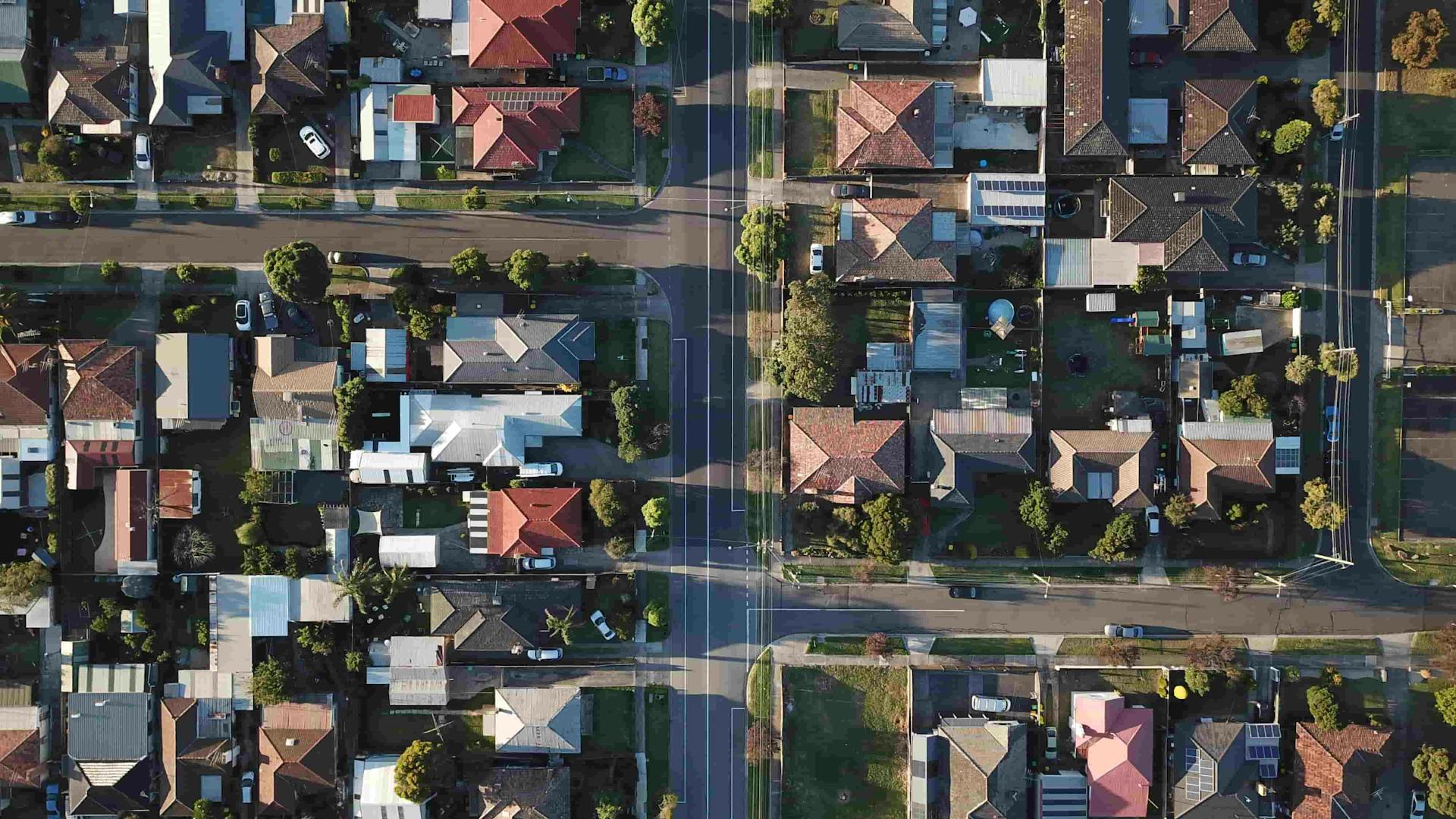Children Seeking Mental Health Support Face Postcode Lottery, Study Reveals
updated on Apr 10, 2019

The Children’s Commissioner’s research has revealed children experiencing ‘low-level mental health conditions’ (which they describe as anxiety, depression, and eating disorders), face a postcode lottery when seeking treatment and support
Results from a new study released by the Children’s Commissioner has revealed that despite real-time spending having risen by 17% overall, many children are facing a wide disparity in services provided in different parts of the country. Spending on children’s mental health services (including online support, drop-in centres, and counsellors) has fallen in real terms across one-third of areas in England, despite soaring demand and increased funding for children’s mental health nationally.
‘Low-level’ mental health services (as described by the Children’s Commissioner’s research) are designed to help prevent problems from needing intensive, specialist intervention. By cutting back on these services, children may lose out on crucial early support.
We asked councils and CCGs how much they spent on help for children’s anxiety, depression & eating disorders. It varies massively & has fallen in a third of areas. NHS targets will never be met if problems aren’t prevevented from developing or escalating.https://t.co/yy9IiuclbD
— Anne Longfield (@annelongfield) April 10, 2019
Generally, half of the funding for these mental health services is provided by the NHS, with local authorities providing the other half. Researchers have used the spending data from local authorities together with data from NHS clinical commissioning groups to calculate the average national spending per child is just over £14. However, concerns have been raised that high-spending areas have masked the problems experienced in lower spending areas, revealing a wide variation of funding for children’s mental health.
Between 2018-19, approximately £226m was spent on these mental health services (an increase of 17% in real terms year-on-year). During this period, the top 25% of local areas spent £1.1m or more on children’s mental health services. The bottom 25% spent £177,000 or less.
Although 58% of areas across the UK reported real-term increases in spending, 37% saw falls often driven by a reduction in spending by local authorities. Despite the national average calculated at around £14 per child, figures revealed in London local authority spending was £17.99 per child, whereas in the East of England, that number was just £5.32 per child.
The Children’s Commissioner’s research marks the first time an organisation has collected data to show how different areas in England are funding this type of mental health support. Anne Longfield, the Children’s Commissioner for England, commented on today’s report:
“The children I speak to who are suffering from conditions like anxiety and depression aren’t asking for intensive in-patient therapeutic treatment, they just want to be able to talk to a counsellor about their worries and to be offered advice on how to stop their problems turning into a crisis.
“The NHS Ten Year Plan has made children’s mental health a top priority, but it won’t succeed unless children with low-level mental health problems are offered help quickly and early. Local authorities are under huge financial pressure and many are doing a good job, but those who are spending barely anything on low-level mental health cannot continue to leave children to struggle alone.”
The NHS Long Term Plan, published in January, revealed less than a third of children experiencing mental health difficulties are accessing treatment and support. In a statement, the Department of Health and Social Care highlighted that government plans would allow 70,000 more children to access specialist mental health care each year by 2020/21.
“Early intervention is vital and we’re going further, piloting a four-week waiting time standard for treatment, training a brand new dedicated mental health workforce for schools across the country, and teaching pupils what good mental and physical health looks like.”

